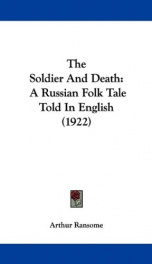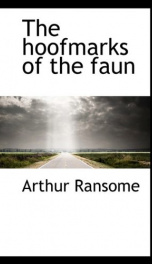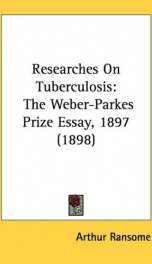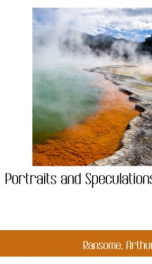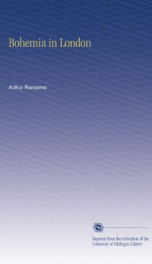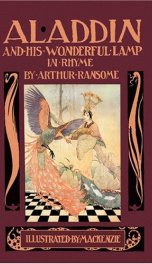oscar wilde a critical study
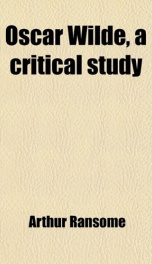
Purchase of this book includes free trial access to www.million-books.com where you can read more than a million books for free. This is an OCR edition with typos. Excerpt from book: Ill POEMS It is a relief to turn from a list of bibliographical and biographical dates to the Mayday colouring of a young man's first book; to forget for a moment the suffering that is nearly twenty years ahead, and to think of " undergraduate days at Oxford ; days of lyrical ardour and of studious sonnet-writing; days when one loved the exquisite intricacy and musical repetitions of the ballade, and the villanelle with its linked long-drawn echoes and its curious completeness; days when one solemnly sought to discover the proper temper in which a triolet should be written ; delightful days, in which, I am glad to say, there was far more rhyme than reason." It is too easy to forget this note in Wilde's personality, that he sounded again and again, and that was not cracked even by the terrible experiences whose symbol was imprisonment. To the end of his life Wilde retained the enthusiasm, the power !i,of self-abandon to a moment of emotion, the .delight in difficult beauty, in accomplished love- v liness, that made his Oxford years so happya memory, and give his first book a savour quite independent of its poetical value. Ballade and villanelle, rondeau and triplet, - the names of these French forms were enough to set the key for a young craftsman's reverie. But the university at that time was full of lively influences. Walter Pater's " Renaissance " had not long left the press. Its author, that grave man, was to be met in his panelled rooms, ready to advise, to point the way to rare books, and to talk of the secrets of his art. Pater in those days was a new classic, the private possession of those young men who found his books " the holy writ of beauty." The new classics of the generation beforeTennyson and Arnold and Browninghad not yet faded into that false antiquity ...
Users who have this book
Users who want this book
What readers are saying
What do you think? Write your own comment on this book!
write a commentGenre
if you like oscar wilde a critical study try:
Do you want to exchange books? It’s EASY!
Get registered and find other users who want to give their favourite books to good hands!

